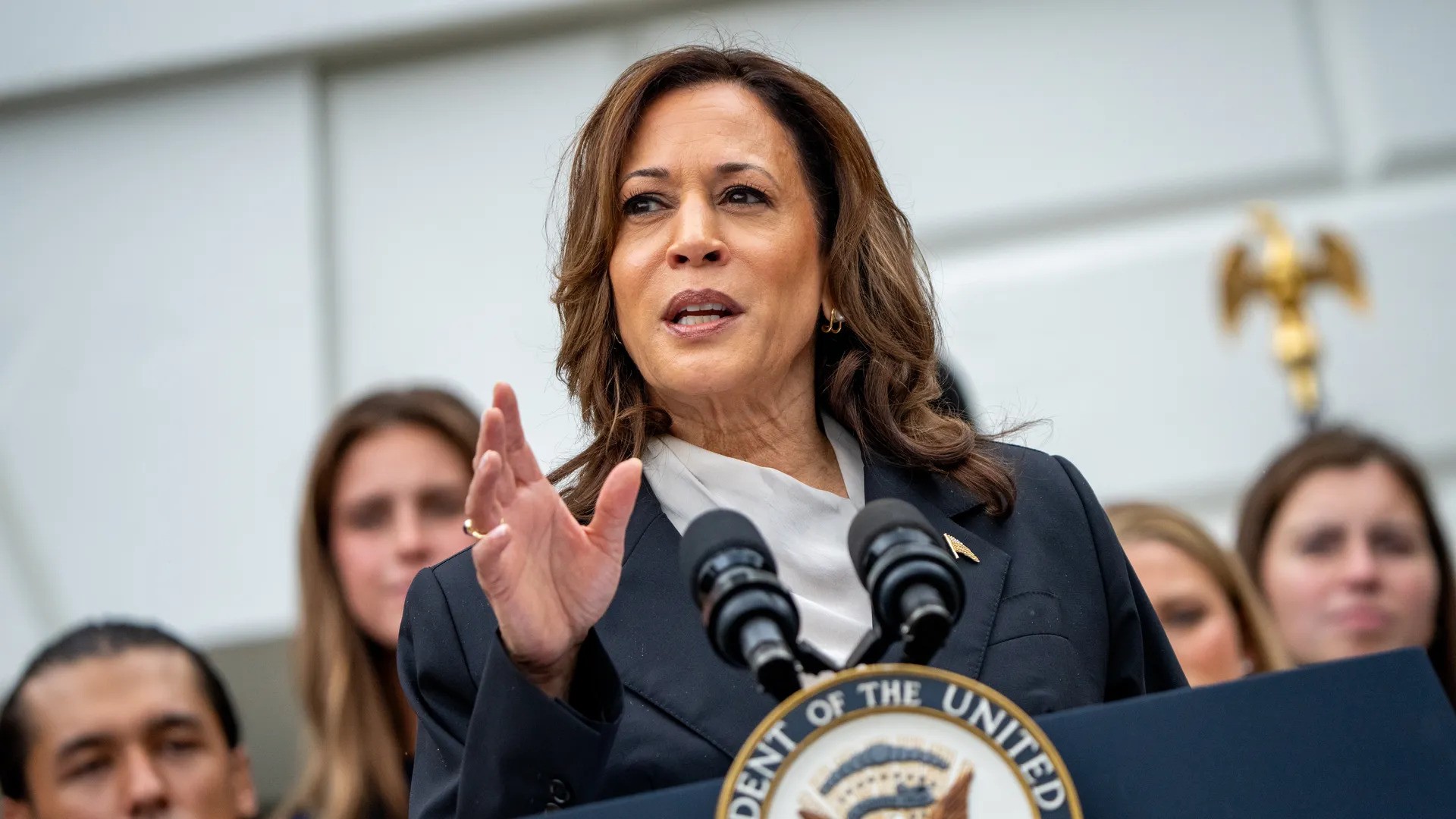Kamala Harris’s Influence: Can She Reignite Black Voter Enthusiasm for the Democrats?
USA NEWS – The impact of Black voters on the 2024 U.S. presidential election is a topic of considerable debate, with generational differences playing a key role in how this influential demographic could shape the outcome. In 2020, Black Americans, particularly Black women, were instrumental in helping President Joe Biden secure his win, yet this year’s political landscape appears more complex. A growing number of young Black men, especially in swing states, are signaling their intent to back Republican nominee Donald Trump. Meanwhile, the power of young Black voters may also lie in how many choose to abstain from voting, a form of protest that speaks volumes given the deep historical struggles to secure their right to vote.
The notion of not voting in the 2024 election could be seen as a stark statement, especially for Black Americans. For generations, the act of voting has been a hard-fought victory, symbolizing a significant achievement in civil rights history. The Voting Rights Act of 1965 marked a crucial turning point in ensuring Black Americans could vote without fear of violence or legal barriers. Many older Black Americans remember a time when this right was not guaranteed, and for them, the idea of not voting feels like a betrayal to the sacrifices made by their ancestors. However, younger generations seem less convinced, feeling disconnected from the current political choices.
Polls have shown a concerning trend in 2024, with more Black voters, particularly young ones, uncertain about whether they’ll cast their ballots. This contrasts sharply with the enthusiasm seen in 2020 when many rallied behind Biden. Disillusionment with the current political landscape, where the two main candidates are viewed as “old, white men” who seem out of touch with the concerns of younger voters, is a common theme in conversations. These voters are grappling with the dilemma of whether voting for either candidate will make a meaningful difference in their lives.
In an effort to reignite enthusiasm, Vice President Kamala Harris, the first Black and South Asian woman to serve in her position, has become a central figure in the Democratic campaign. Many Black voters, particularly women, see Harris as a symbol of progress and representation. Her presence on the ticket has sparked renewed interest among voters who were previously disengaged. Yet, despite this newfound energy, skepticism remains among many, especially young voters who still feel unheard by the broader political establishment.
Interviews with Black voters across battleground states reveal deep divides in perspectives based on age. Older Black Americans, many of whom lived through the Civil Rights Movement or heard stories from parents and grandparents, see voting as a moral duty. They believe sitting out an election is not an option, no matter the candidates. In contrast, younger Black voters express frustration with the lack of significant change in their communities, even after voting in past elections. For them, the choice to not vote can feel like a justified response to a system they feel has neglected their needs.
Despite this generational divide, the potential influence of Black voters in 2024 cannot be understated. Since 2012, the share of eligible Black voters has risen in key swing states like Georgia, where the Black electorate grew by 4 percentage points. This demographic shift presents a unique opportunity for Black voters to sway the outcome of the election in these battleground states. However, whether this potential is fully realized will depend on voter turnout, which has historically been lower among Black voters compared to white voters, except in high-stakes elections like Barack Obama’s re-election in 2012.
As Election Day approaches, the importance of the Black vote will remain a focal point of political discourse. Conversations in Black communities—from barbershops to church gatherings—reflect the diverse opinions on what the right course of action should be. While some are disillusioned, others are energized, and both sides understand the gravity of the decision they face. For many, voting is more than a political act; it’s a reflection of the legacy left by those who fought tirelessly for this right, and this emotional connection to the past will continue to influence how Black voters engage in the 2024 election.



